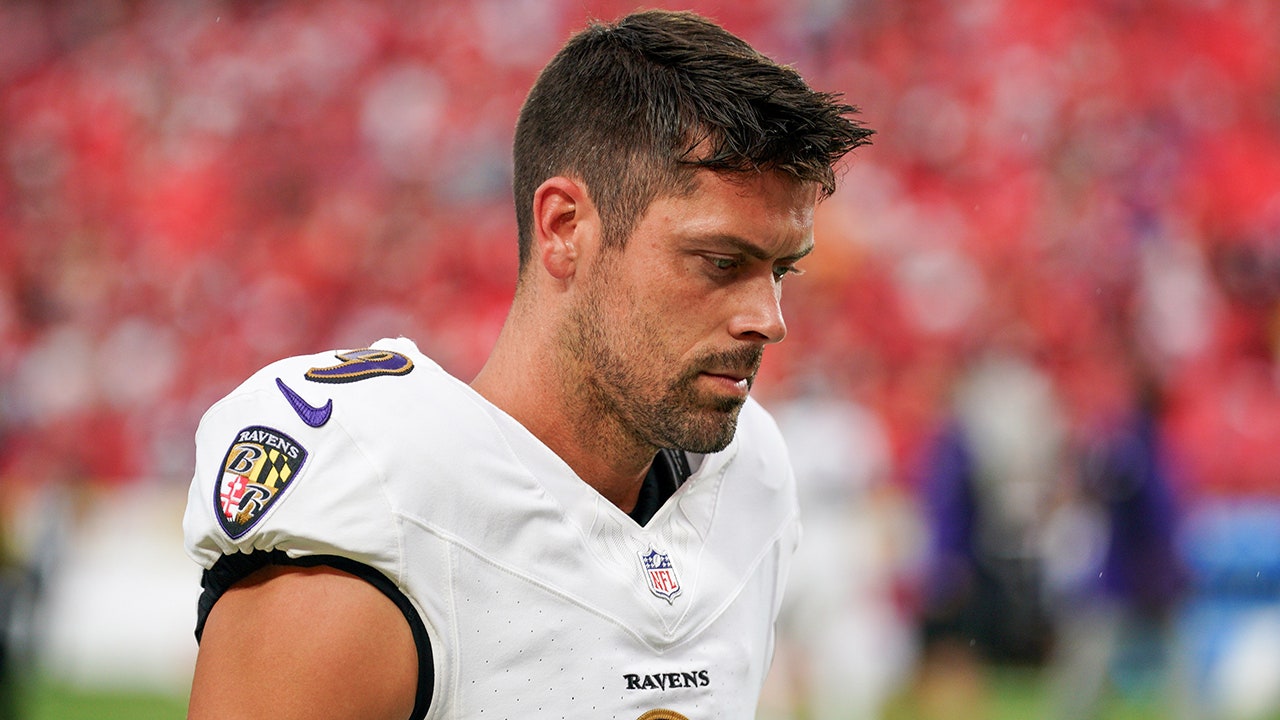You have a preview view of this article while we are checking your access. When we have confirmed access, the full article content will load.
The dispute before the court was prompted by an order President Trump signed on his first day back in the White House.

June 27, 2025, 10:08 a.m. ET
In mid-May, the Supreme Court took the bench for a rare emergency oral argument, which had been tacked on to the end of the term.
The case focused on whether a single federal judge had the power to freeze a federal policy for the entire country, a long-simmering debate.
Despite the dry-sounding legal issue, the case involved something urgent: an executive order signed by President Trump on his first day back in office. In fewer than 800 words, and with a signature scrawled in thick Sharpie, the president declared an end to birthright citizenship, the principle that children born in the United States are citizens.
Birthright citizenship is rooted in English common law. It was enshrined in the U.S. Constitution in 1868 in the 14th Amendment, which reads: “All persons born or naturalized in the United States, and subject to the jurisdiction thereof, are citizens of the United States and of the state wherein they reside.”
In one of its most notorious cases, Dred Scott, the Supreme Court in 1857 denied citizenship to the descendants of slaves, helping prompt the Civil War. The 14th Amendment erased that finding and expanded citizenship to almost anyone born in the United States.
In 1898, the justices again considered birthright citizenship in the case of Wong Kim Ark. Mr. Wong was born in San Francisco’s Chinatown, the child of parents who were part of a wave of Chinese laborers who came to the United States in the mid-1800s. Officials argued that birthright citizenship did not apply to him because he and his parents were not “subject to the jurisdiction” of the United States when he was born. The Supreme Court disagreed.
.png)
 German (DE)
German (DE)  English (US)
English (US)  Spanish (ES)
Spanish (ES)  French (FR)
French (FR)  Hindi (IN)
Hindi (IN)  Italian (IT)
Italian (IT)  Russian (RU)
Russian (RU)  4 hours ago
1
4 hours ago
1









Comments